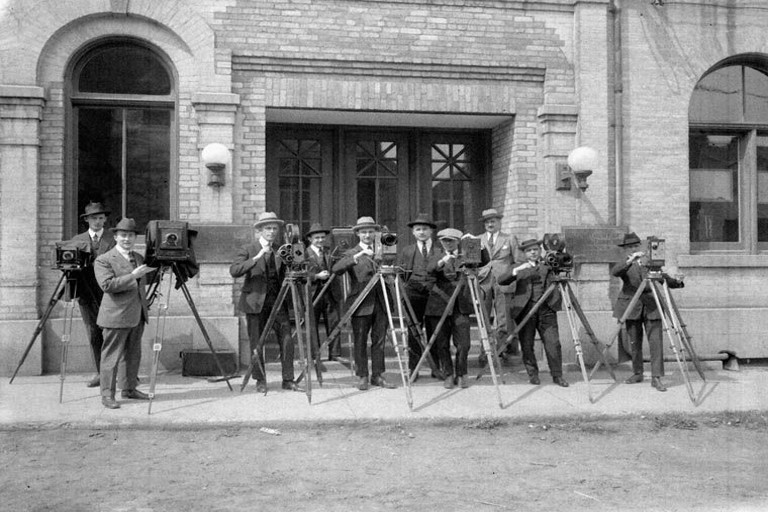Canada’s Francophone film industry has received a significant boost this year with the launch of a new national grant aimed at empowering French-language filmmakers. The initiative, announced by Telefilm Canada in collaboration with the Canada Media Fund, seeks to close the funding gap between English and French productions while nurturing emerging talent across provinces.
The program, titled ‘Cinéma en Mouvement,’ will allocate over $15 million in new funding over the next three years. Its goal is to support independent Francophone creators from regions outside Quebec, where access to resources has long been limited. The announcement has been hailed as a milestone for cultural diversity within Canada’s audiovisual landscape.
Francophone filmmakers in Ontario, Manitoba, and New Brunswick have often struggled to find financing for projects that reflect their communities. The new grant program aims to change that. It prioritizes stories rooted in regional identity, linguistic heritage, and social issues while maintaining artistic freedom. This focus, officials say, ensures that the voices shaping Canadian cinema mirror the nation’s true multilingual reality.
Filmmaker and producer Marie-Claude Bouchard of Ottawa describes the initiative as a long-overdue recognition of Francophone creativity beyond Quebec. “We’ve always had the talent,” she says. “What we needed was equitable access to funding and distribution channels. This program finally gives smaller studios a fair chance to reach audiences across the country.”
The announcement follows years of advocacy from industry groups like the Alliance des producteurs francophones du Canada (APFC), which has consistently called for more inclusive support. Their research found that less than 20% of federal film grants previously went to French-language projects produced outside Quebec. The new funding model aims to rebalance that figure through targeted investments and mentorship programs.
Beyond production grants, Cinéma en Mouvement will also provide workshops and mentorship opportunities for emerging filmmakers. Participants will receive guidance from established directors and producers, including prominent figures from both Francophone and Anglophone industries. The program will pair technical training with professional networking to create sustainable careers in film.
Telefilm Canada’s CEO, Christa Dickenson, said the initiative represents a commitment to bilingual equity and cultural growth. “Francophone cinema contributes profoundly to Canada’s cultural narrative,” she explained at the launch event in Montreal. “We want every filmmaker—no matter their postal code—to have the resources to tell stories that matter.”
The program arrives at a time when Canadian audiences are increasingly seeking diverse, authentic content. Streaming platforms and film festivals have broadened access to independent films, creating new opportunities for Francophone creators to reach global audiences. The Toronto International Film Festival (TIFF) has already pledged to highlight more French-language films in upcoming editions.
Industry analysts say the grant could lead to a wave of regional co-productions and cross-language collaborations. By connecting Francophone and Anglophone filmmakers, the initiative may encourage hybrid storytelling that bridges Canada’s linguistic divide. Such collaborations are expected to expand distribution opportunities both domestically and internationally.
For students and young directors entering the industry, the grant represents more than just funding—it’s a signal that their stories matter. “We can finally make films that reflect our experiences without translating them for someone else,” said emerging filmmaker Alex Dufresne from Sudbury. “It’s about creating cinema that sounds like home.”
As applications open later this spring, enthusiasm continues to grow across Canada’s film community. While challenges remain in ensuring long-term sustainability, many see Cinéma en Mouvement as a turning point. For the next generation of Francophone filmmakers, it offers both validation and opportunity—the chance to create films that speak Canada’s many voices, and to do so on their own terms.
